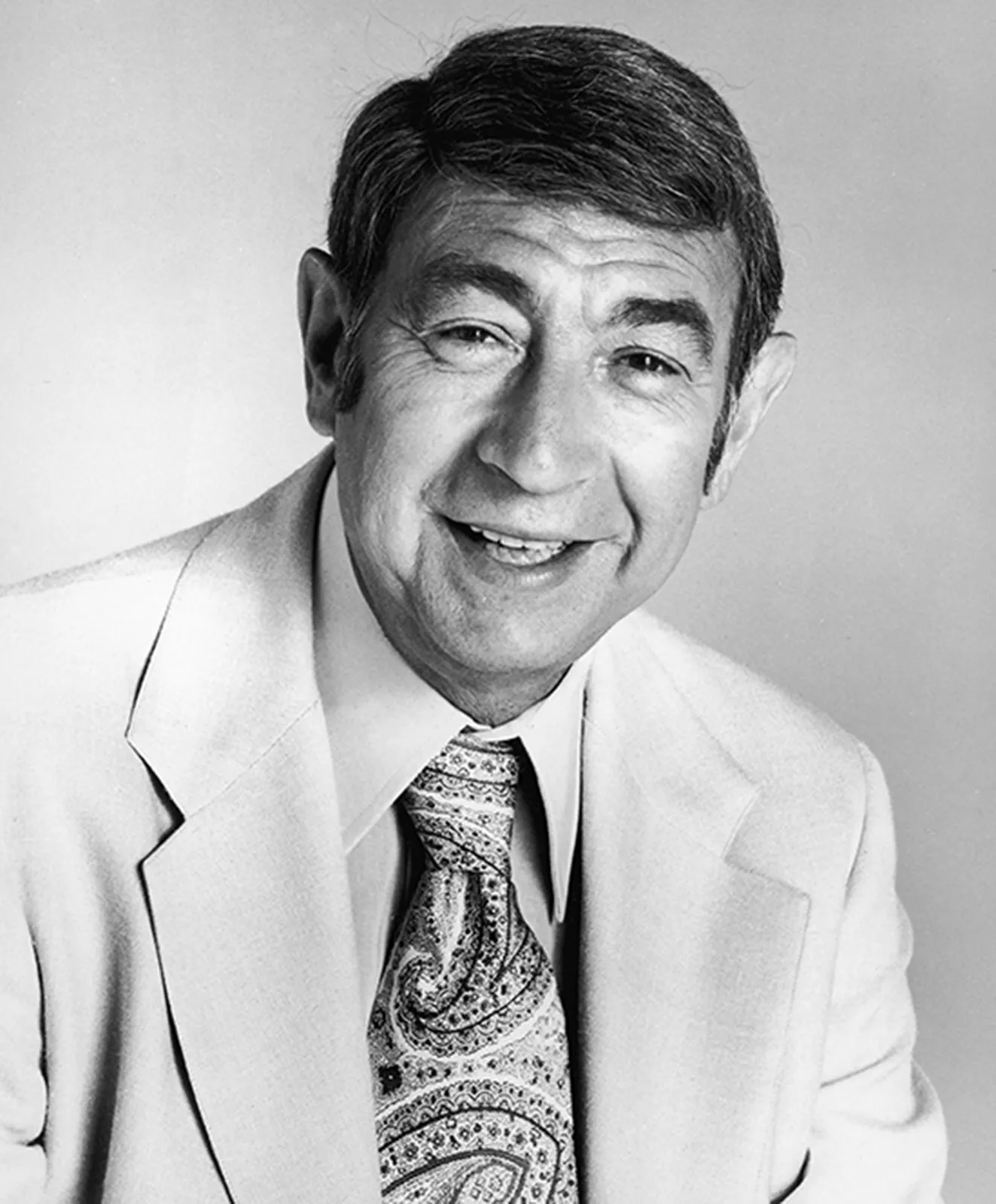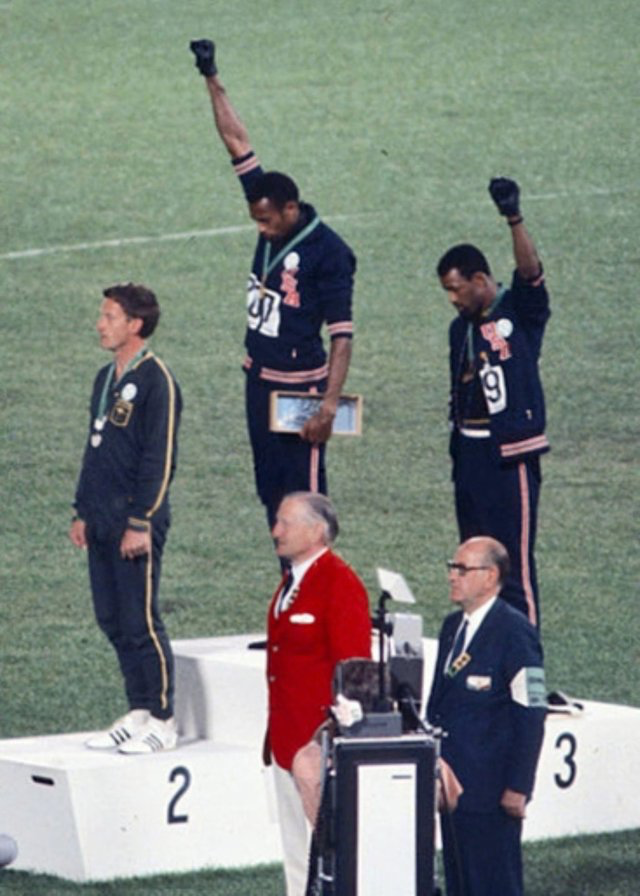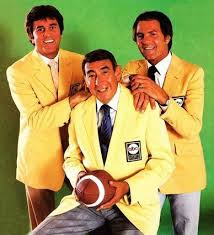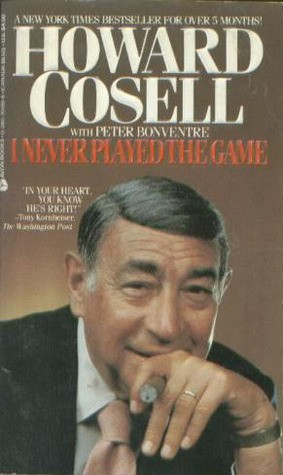 When witnessing presentations for journo heroes, Howard Cosell was the most interesting out of all of them.
When witnessing presentations for journo heroes, Howard Cosell was the most interesting out of all of them.
Born in Winston Salem,N.C on March 25, 1918 Cosell’s successful lifestyle was just beginning. Though he was born in North Carolina, Cosell and his family moved and grew up in Brooklyn, New York and had a little start with his career as a broadcaster. Before he became a broadcaster, Cosell earned a law degree at New York University in 1941.
Within his law practice, he spoke on behalf of sports and entertainment figures and in 1953 Cosell became the host of a radio show with little league players asking questions to Major league players. After a few years, he left his practice for law and started his career as a sports broadcaster.
Cosell’s motive to quote “Tell it like it is” caused a lot of controversy and criticism from many people but basked in the attention he got and welcomed it. Throughout his career, he was described as arrogant,pompous, obnoxious, vain, cruel, verbose, and a show off. With this, Cosell was regarded as the most loved and hated broadcaster on tv.

 One of the things he was well known for is defending professional boxer Muhammad Ali for getting his heavyweight title taken away for not enlisting in the army for religious reasons. He fought and supported the black power salutes from John Carlos and Tommie at the 1968 Summer Olympics.
One of the things he was well known for is defending professional boxer Muhammad Ali for getting his heavyweight title taken away for not enlisting in the army for religious reasons. He fought and supported the black power salutes from John Carlos and Tommie at the 1968 Summer Olympics.
The main thing Cosell was known for however was being not only a broadcaster for boxing but the most well known broadcast position he had was being a part of Monday Night Football in 1970.
 While he was broadcasting Monday Night Football in 1980, he found out that Beatles legend John Lennon was killed and no one else knew until he announced it with a heavy heart on live television that shocked the world.This event as a whole it got Cosell very popular and well known when it came to tv broadcasting and got him a lot of viewers for Monday Night Football.
While he was broadcasting Monday Night Football in 1980, he found out that Beatles legend John Lennon was killed and no one else knew until he announced it with a heavy heart on live television that shocked the world.This event as a whole it got Cosell very popular and well known when it came to tv broadcasting and got him a lot of viewers for Monday Night Football.
During his long and successful run, Cosell worked with Frank Gifford and Don Meredith which created a big three for the ages during the 1970’s and 80’s.
 In 1982 after a tragic boxing bout between Larry Homes and Tex Cobb, Cosell refused to cover anymore boxing matches and stuck with MNF. Except the controversy got worse the year after on MNF when Cosell called wide receiver Alvin Garrett a “Little Monkey” during a broadcast. Cosell in no way meant to racially profile Garrett but everyone else thought of it that way and criticized him for it. With this in his mind, it caused him to leave MNF to relieve the sting of the controversy he had from there in late 1983.
In 1982 after a tragic boxing bout between Larry Homes and Tex Cobb, Cosell refused to cover anymore boxing matches and stuck with MNF. Except the controversy got worse the year after on MNF when Cosell called wide receiver Alvin Garrett a “Little Monkey” during a broadcast. Cosell in no way meant to racially profile Garrett but everyone else thought of it that way and criticized him for it. With this in his mind, it caused him to leave MNF to relieve the sting of the controversy he had from there in late 1983.
In 1985, Cosell wrote his book “I Never Played The Game” reflecting on his career being on tv, and included some of his associates on ABC. Also, ABC dropped Cosell’s Sportsbeat program ending his appearance on tv as a whole.
In 1992, Cosell retired from broadcasting after receiving surgery for removing a cancerous tumor. Within that same year received a Sports Emmy for outstanding achievement and solidified himself as one of the best Broadcasters of all time.